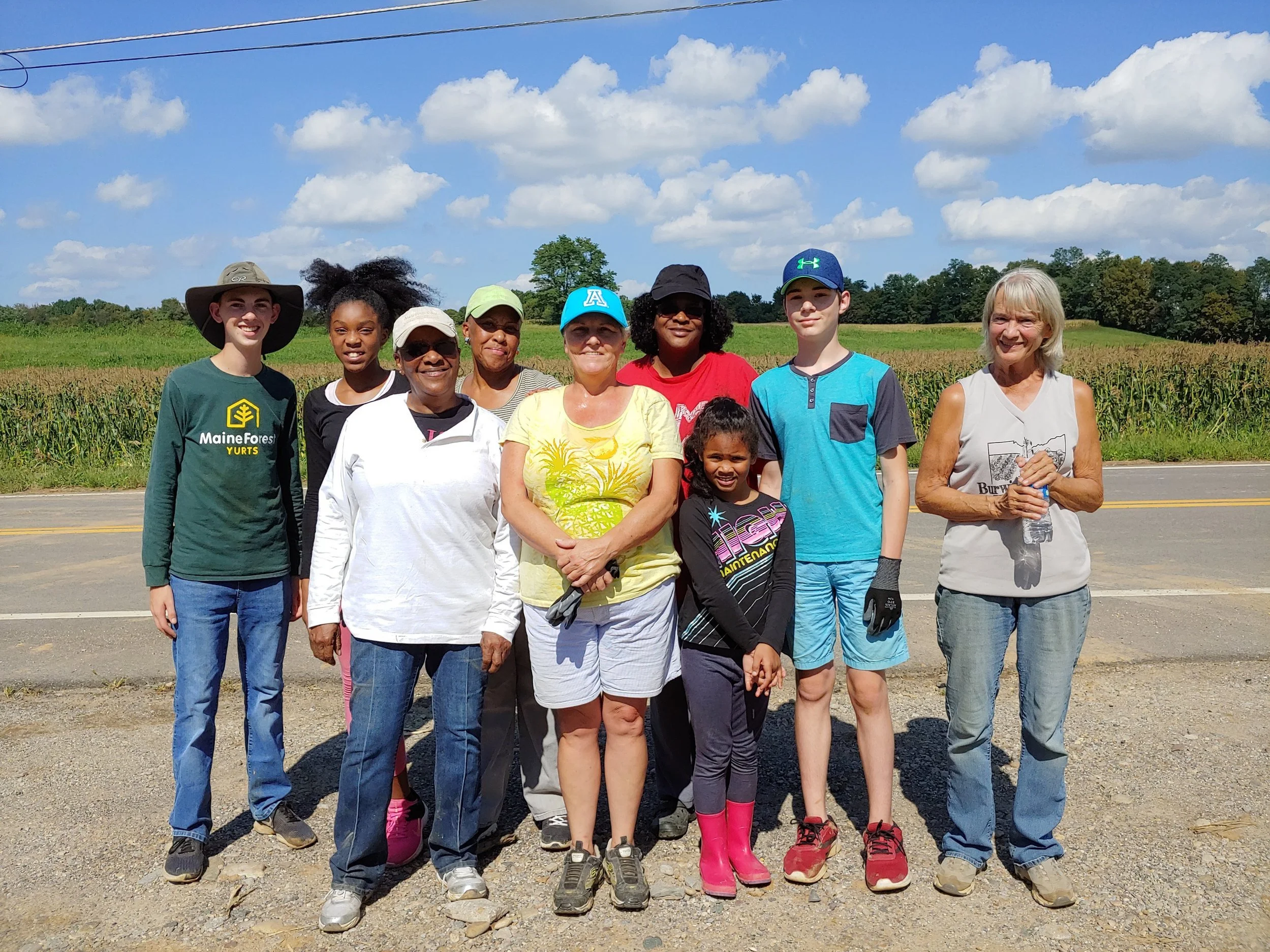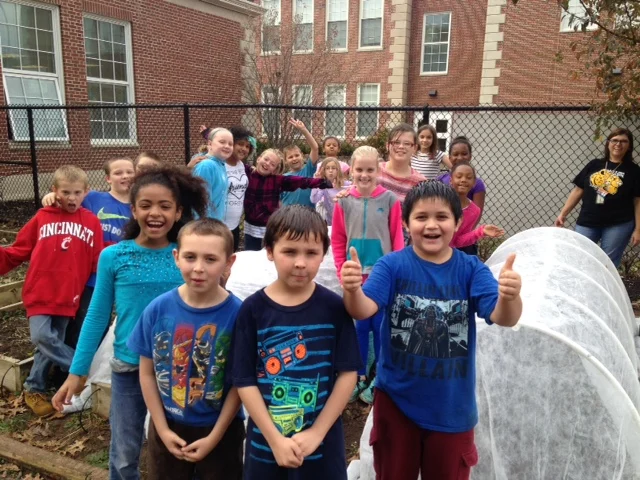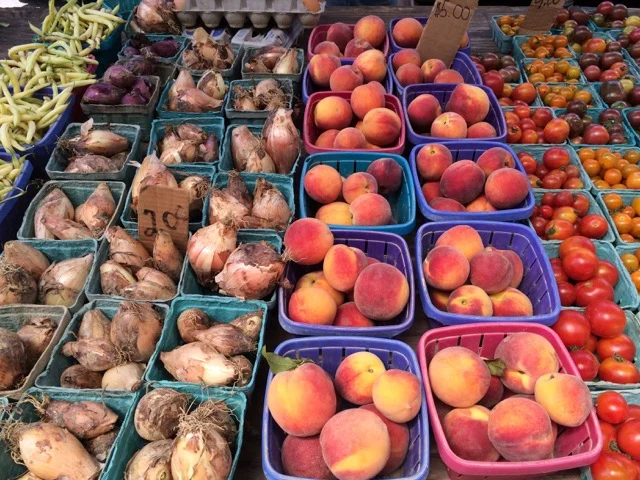On December 15th, 2016, Larry Falkin from the City of Cincinnati’s Office of Environment and Sustainability (OES) hosted a meeting to talk about a special piece of land: The Kettler Property located at 4817 Winton Road. Thirty people attended with the interest of saving the land for agriculture purposes.
School Gardens: Growing the Next Generation
What’s Sustainability Got to do With It?
The pages of this Food Guide are filled with lists of producers from our local foodshed. People support these businesses and farms for many reasons such as they value a local food economy and care about their own health. Some people also choose to eat within their foodshed because they support farming practices that strive to be ecologically sustainable. Which brings up some good questions -- What does it mean to be sustainable? Even more specifically, what does it mean to be ecologically sustainable? What does food have to do with the environment and why is this definition important?
It’s Time to Cry Over Spilt Milk and Other Food Loss
No matter our age, gender, education, or career choice, we have one thing in common: we all waste perfectly good food. Have you ever left food you’ve been served on your plate (pizza crust or that last bite of cake)? If you answer no, then give yourself a fist bump! Take a closer look at your eating, cooking, and storing habits and I bet you’ll be surprised by the amount of food you actually dispose of, even with the best of intentions.
An Open Letter to Our Elected Officials
Our Region is Ready for an Office of Food Policy – Are Our Elected Officials up to the Challenge?
With the upcoming election on the horizon, we have an opportunity to talk with our public officials about the importance of locally produced food. This letter has been crafted to help get the conversation started.
Sowing the Seeds of Good Nutrition: Teaching Children How to Eat with Local Foods
I Took the 10% Shift Pledge and So Can You!
This past spring I took the Green Umbrella pledge to shift 10% of my food budget to buying local food. And then I wondered, “What have I done?” I had no idea what my food budget was or what it would entail to fulfill the pledge I was making. Now you may be someone who tracks your weekly spending closely, but I definitely do not, and the prospect of figuring out 10% of my budget felt overwhelming. At the same time, I also needed to select a “Personal Life Change” for a class in my master’s program called Issues in Cincinnati Conservation.
Eat Local, Save Energy, Make the World a Better Place.
There are many reasons to eat locally grown food. It is fresher, tastes better, healthier for you, and supports regional farmers and the local economy. Another important reason to eat locally grown food is that it saves energy, especially if the food is grown using alternative agro-ecological approaches, such as no-till, organic, biodynamic, restoration agriculture, and permaculture practices.
Welcome to Talk Local
We are excited to launch our monthly article series starting in July. Our goal is to bring you a wide range of informational, research, persuasive, and opinion pieces related to agriculture and food. We have put together a diverse team of authors, from local chefs and food advocates, to farmers and scholars alike. We also encourage readers to submit their own ideas for possible articles and even responses to what’s been posted.
Traditional Seed Saving
Seeds are the beginning and the end of the life cycle of a great number of plants, and we rely on this rhythm in many ways. Corn, beans and grains are our staple food crops and are seeds themselves. The practice of growing and saving seeds each season ensures the chance to plant again the coming season and perpetuates varieties that express desirable traits like pest resistance, unique color, or large harvests.
Local Meat and Where to Find It
Local Loans for Local Foods: A Slow Money Group
Have you ever wondered about where your savings are being invested? I have. Would you prefer to support a local enterprise rather than mega-corporations with questionable business practices? I would. These are some of the concerns that initiated my involvement in Local Loans for Local Foods: A Slow Money Group.
Who is Training Farmers in the CORV FoodShed?
For those invested in creating a fair, economic, and ecologically just agrifood system this question of is of utmost importance. If we want to re-localize our production, aggregation, and processing of food, it makes sense to begin with the farmers—with the keepers of the soil and managers of land who have practical knowledge of cultivation and husbandry.
















